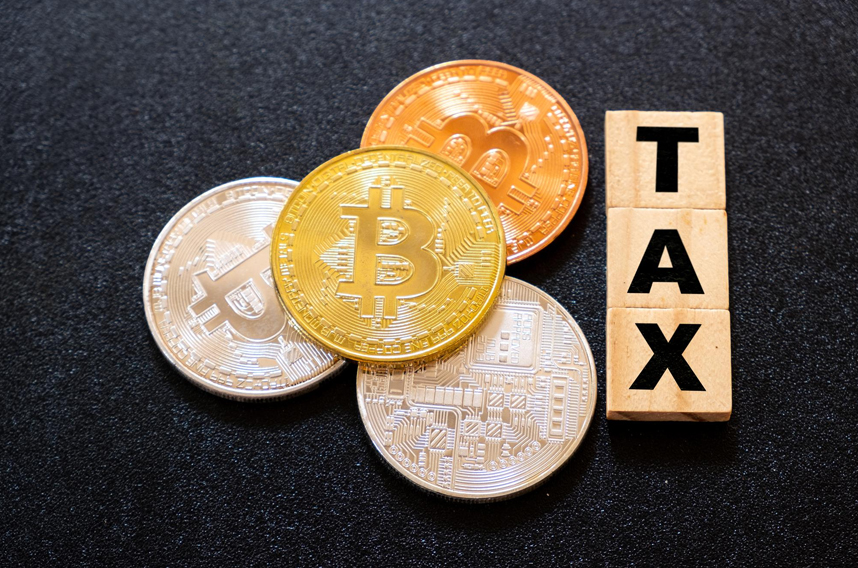Everything About Cryptocurrency & Tax In Australia

Digital currency or cryptocurrency has gained tremendous popularity in the past few days and many people are keen on investing in these virtual tokens. There are different types of cryptocurrencies available, including Bitcoin, Tether, Ether and many others. This virtual currency is created using an encrypted code composed of a string of data blocks, known as the blockchain.
If you are planning to invest in cryptocurrency, you must be aware of the pros and cons along with the tax responsibilities you need to take care of when buying, selling or investing in these digital tokens.
Cryptocurrency Tax Responsibilities
When it comes to tax on cryptocurrency, you need to keep all records of cryptocurrency transactions. If you have got your crypto transactions done with a foreign cryptocurrency exchange, you may have tax responsibilities with that country. Since transaction records for digital currency
are quite complex to understand, getting the assistance of a registered tax agent will pay off.
To manage your tax responsibilities with cryptocurrency, follow the below given 3 steps:
- Report Disposal Of Cryptocurrency
For capital gains tax, the disposal of cryptocurrency must be reported. Transferring cryptocurrency from one digital wallet to another digital wallet by the same owner is not considered as disposal. Disposing happens when an individual either:
- exchanges one cryptocurrency for another
- trades, sells, or gifts cryptocurrency
- convert cryptocurrency to a fiat currency
- Work Out Any Capital Gains Tax
When cryptocurrency is exchanged for goods, cash, or other digital currencies, it is considered a CGT disposal. In this case, you may need to include a capital gain or loss in your tax return. If you:
- buy cryptocurrency using Australian dollars, the amount paid is included in your cost base
- exchange one cryptocurrency into another, your cost base is the market value of the cryptocurrency at the time of the transaction in Australian dollars.
- Keep Records
You need to keep a record of all transactions associated with acquiring, holding, and disposing of cryptocurrency for at least five years, even after you dispose it off.
When you buy or acquire a digital currency, you need a record to show the commission or brokerage fees on purchase, legal costs associated with the agent and accountant and exchange records.
When owning or holding a cryptocurrency, you need to keep a record of software costs related to managing your tax affairs, digital wallet records, documents showing the date and quantity of cryptocurrency.
When disposing of a digital currency, you need records to show commission or brokerage fees on the sale or transfer, exchange records, and calculation of capital gain or loss.
Personal Use Assets & Cryptocurrency
If kept unused or used mainly to purchase items for personal use, Cryptocurrency is considered a personal use asset. It is not regarded as personal, if:
- it is an investment
- part of a profit-making scheme
- in the course of carrying a business
Only capital gains made by disposing of personal use assets and is acquired for less than $10,000 is disregarded for capital gains tax purposes.

Focus On Growing Your Business, Leave The Accounting On Us!
- Income Tax : File your taxes & get the best claims & returns.
- Accountancy : Hire expert accountants to manage your transactions.
- Bookkeeping : Let us handle your record books and expense reports.
- Business Advisory : From company set-up to payroll, we handle it all.



